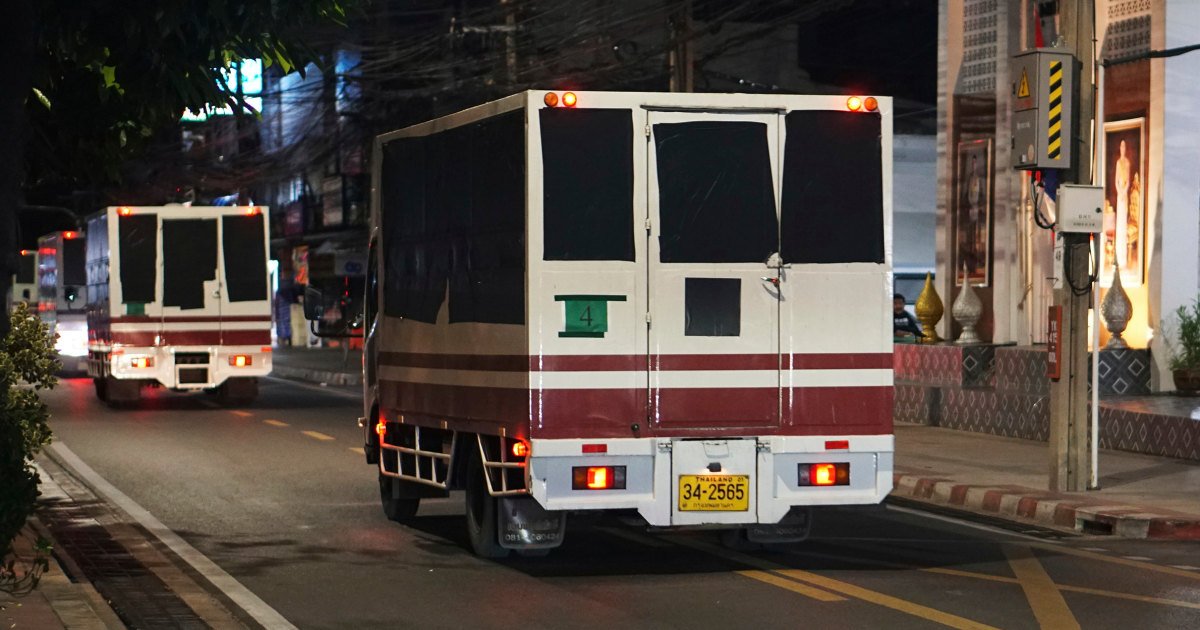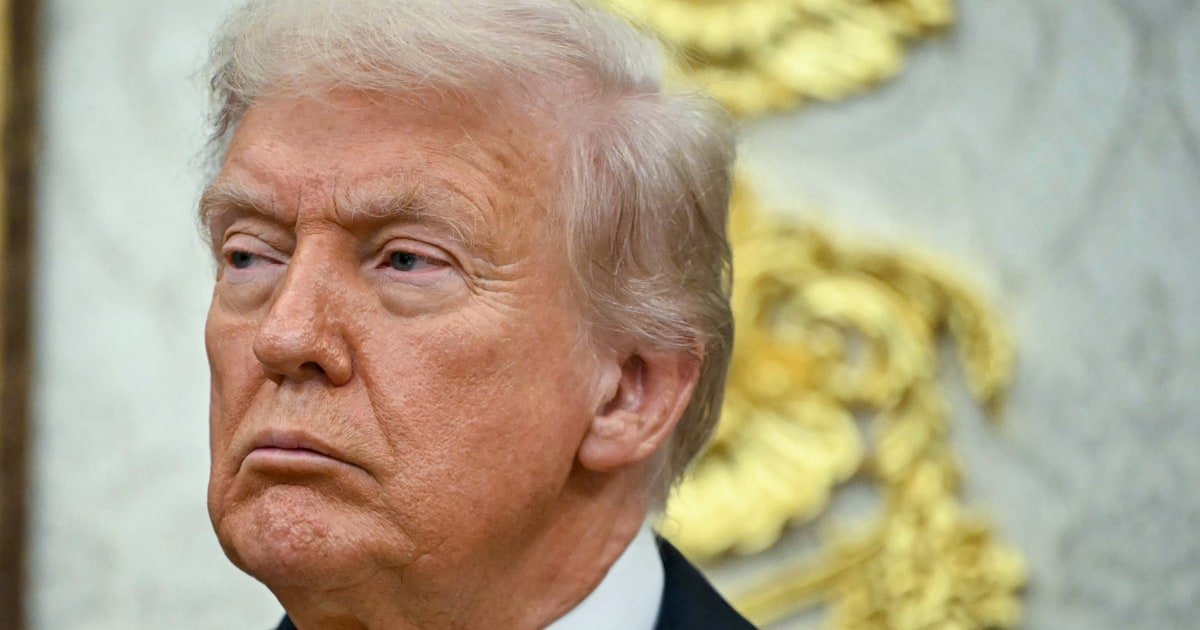Bangkok-Taulandia deported 40 asylum applicants from Uyghur to China on Thursday, Thai activists and officials said, despite the warnings of the defenders of the rights and US officials that they could face torture and imprisonment if they were returned.
The Uigures, who had been arrested for more than a decade, were part of a group of more than 300 people arrested in 2014 after fleeing China to seek protection in Thailand.
The Chinese government denies the accusations that he has committed large -scale abuse against the Uigures, an ethnic group mostly Muslim who lives mainly in the western region of Xinjiang.
The Head of the Thai National Police, Kitrat Phanphet, told journalists that 40 people had been deported and that China’s officials “showed the sincerity and intention of caring for this group of Chinese Uigures.”
China’s Ministry of Public Security said that 40 Chinese citizens who had entered Thailand illegally had been deported, without saying if they were Uigures.
Deportation was carried out according to the laws of China and Thailand, said the Chinese government, added that the legal rights of the people involved had been completely protected.
The rights groups and the Thai legislators condemned the measure of the Thai government, who had previously said that he had no plans to deport the Uigures.
“What is the Thai government doing?” The Thai opposition legislator, Kannavee Suebsang, said in a publication about X. “We have violated his human rights rather than enough. There must be a better resolution, ”he added.
Elaine Pearson, director of Asia in Human Rights Watch, said the deportation of Thailand “constitutes a shameless violation of Thailand’s obligations under national and international laws.”
“Men now face a high risk of torture, forced disappearance and long -term prison in China,” he said in a statement.
In response to the comments of the rights groups, Lin Jian, a spokesman for the Chinese Ministry of Foreign Affairs, said that “it is a country of general rule with legal frameworks and comprehensive mechanisms to protect human rights.”
“All ethnic groups in China, including the Uigures people in Xinjiang, enjoy complete economic, social, cultural and civil rights,” Lin said in a regular informative session in Beijing.
“China firmly opposes interference in its internal affairs under the pretext of human rights and rejects the use of Xinjiang’s problem to interfere with the normal cooperation of the application of the law between countries,” he added.
The photos published in Thai Media and taken early on Thursday showed black tape trucks that cover their windows that leave an immigration center in the capital of the country, Bangkok, where 48 Uigures had been arrested.
An unchanging flight from China Southern Airlines left Don Matang airport in Bangkok at 4:48 am local time (4:48 pm on Wednesday ET) and landed six hours later in the city of Kashgar in Xinjiang, according to data from the flightradar24 tracker24.
Speaking to journalists early on the day before the Chinese state media reported deportation, Thai Prime Minister Paetongtarn Shinawatra did not confirm if someone had been deported.
“This type of problem, for any country, one has to follow the law, the international process and human rights,” he told legislators, according to Reuters.
Thailand was previously criticized in 2015 when it deported more than 100 members of the original Uyghur group to China. Most of the rest of the group was sent to Türkiye, while 53 remained in Thailand.
Since then, five of those 53 have died, including two children, according to the United Nations human rights experts. They say that almost half of the remaining 48 uigures suffered serious health conditions, including diabetes, renal dysfunction and heart and pulmonary conditions.
The state of the eight detainees that do not seem to have been deported to China on Thursday was not clear immediately.
Rights activists have criticized the condition of the Uigures in Thai detention, saying that access to family members, lawyers and international organizations were denied. In a letter to the Thai government last year, UN experts said that their treatment of the detainees Uigures could be a violation of international law.
Amid the concerns that his deportation to China was imminent, the UN had urged Thailand not to repatriate the detainees Uigures, saying last month that they were “with a real risk of torture or other cruel treatment or punishment, inhuman or degrading if they are returned.”
The rights groups say that the Uigures in China face discrimination and the suppression of their cultural identity. The United States and other Western governments have said that Beijing’s policies on the Uigures, including forced detention of possibly one million or more people, are equivalent to genocide.
Secretary of State Marco Rubio, a critic for a long time of China’s human rights history, said during his confirmation hearing last month that he would press Bangkok not to deport the detainees of Uyghur, citing the strong relationship of the United States with Thailand.
The members of the Senate Foreign Relations Committee said Monday that the United States had “put practical options on the table” aimed at protecting the human rights of the detainees of the Uigures.
“We urge Thai leaders to get involved with the United States in those proposals, instead of taking this poorly advised step,” they said in a statement.
Nat Sumon reported from Bangkok, and Jennifer Jett reported from Hong Kong.









